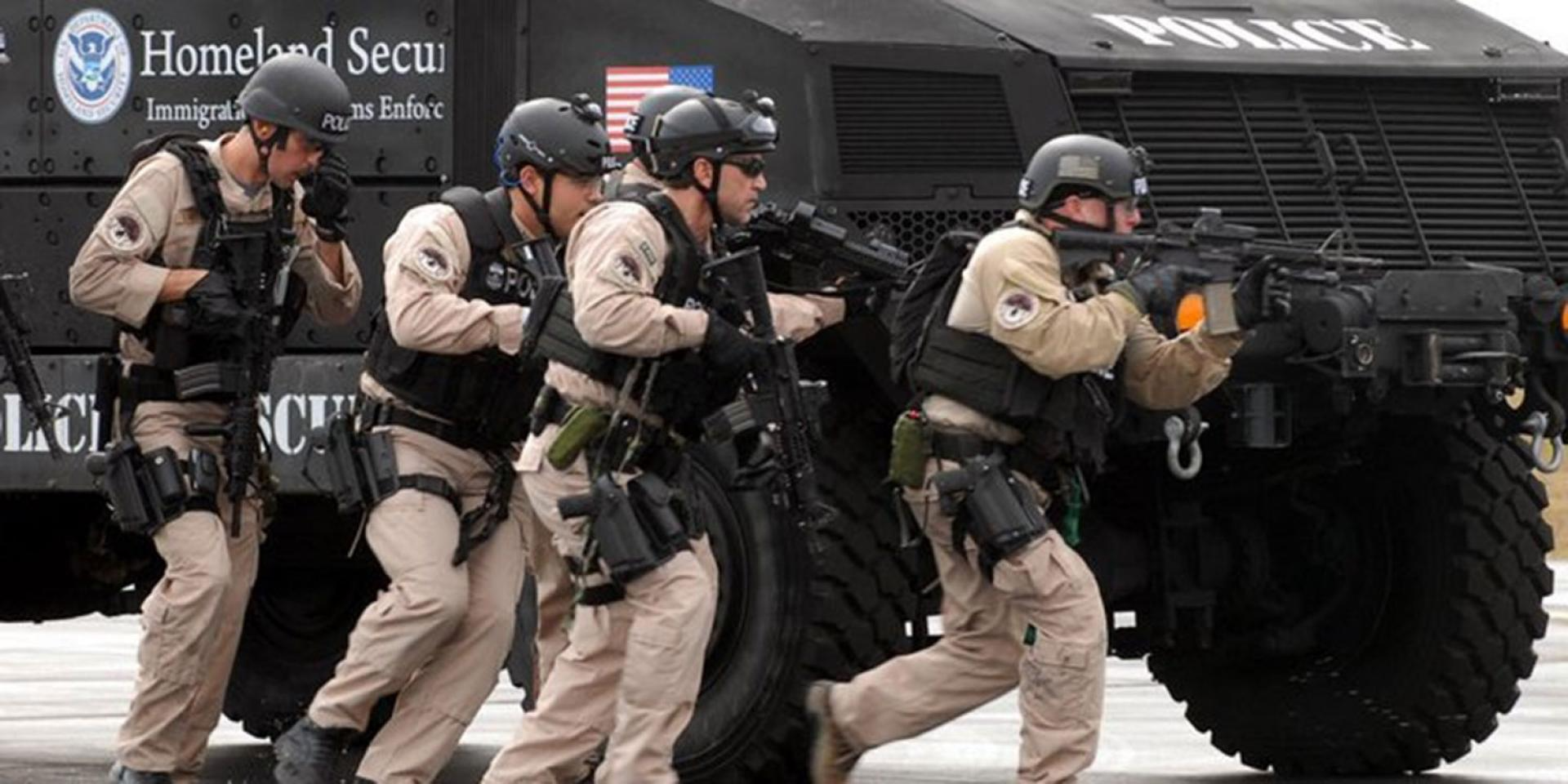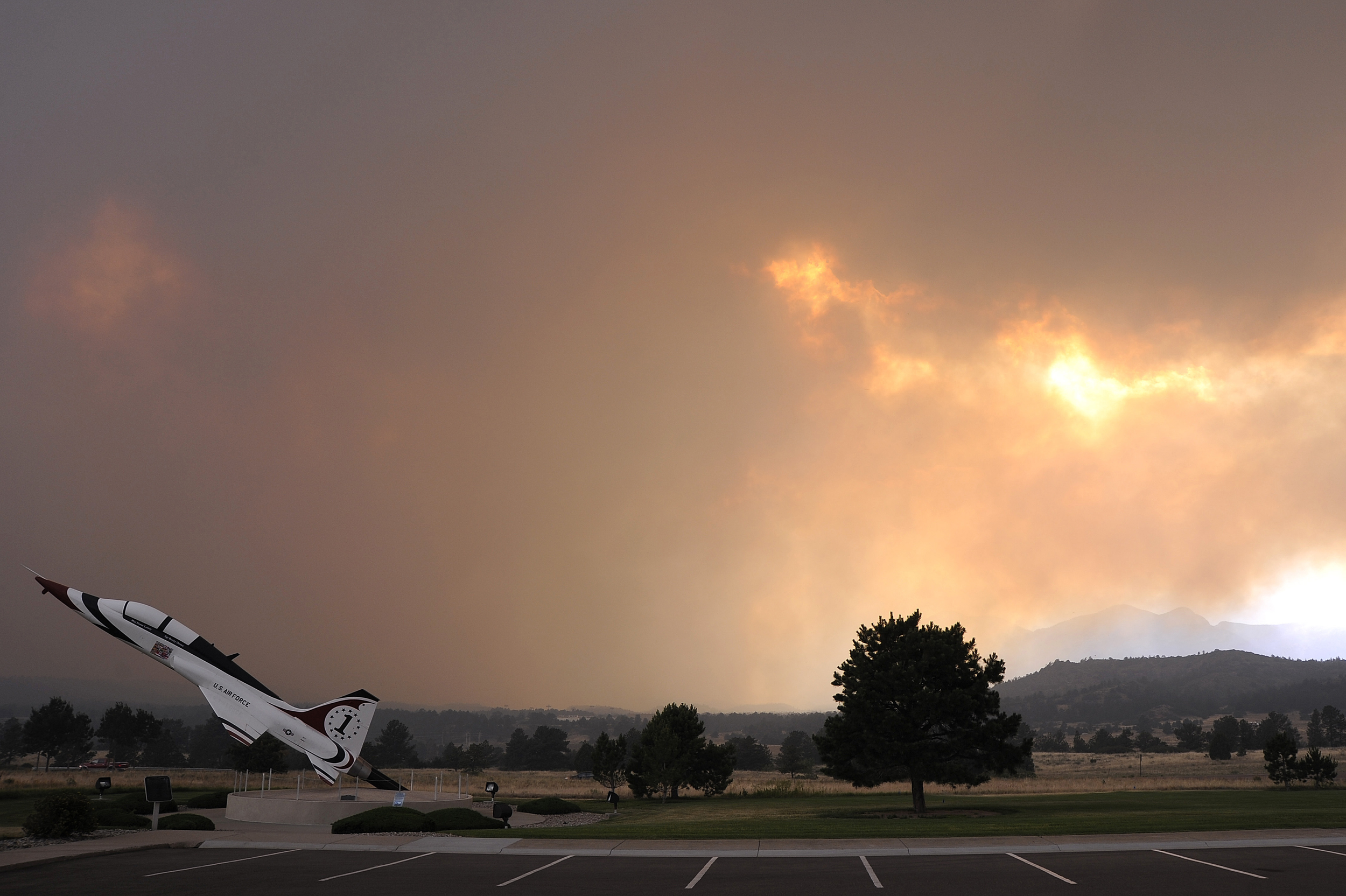Position Specific Training Courses
Chloeta provided a diverse range of all-hazards position specific training courses to a state Emergency Management agency in the northeastern U.S., including Public Information Officer (PIO) training for crisis communications.
Chloeta provided a diverse range of all-hazards position specific training courses to a state Emergency Management agency in the northeastern U.S., including Public Information Officer (PIO) training for crisis communications. The L0952 All Hazards Position Specific PIO Course is designed to equip future PIOs with the skills and resources needed to excel in a Type 3 incident from day one. Being a PIO is not only rewarding in the field, but also fulfilling as an instructor. Mark, for example, enjoys teaching others how to excel in the role, just as he did.
Led by experienced instructors, our courses bring textbook concepts to life through practical scenarios. Chloeta is a one stop shop for all emergency management consulting needs and is ready to partner with you to create a safer and more crisis prepared workplace and society at large. At Chloeta, we are committed to making our training courses accessible to communities nationwide in order to expand the network of experienced and educated IMT members who can respond to incidents around the country.
FEMA Armed Security Officers
With only a 72-hr ramp-up period, Chloeta successfully provided over twenty (20) armed security officers for FEMA at multiple locations statewide in response to a Presidential Disaster Declaration.
Chloeta provided Armed Security Officers (ASO) at multiple locations statewide in response to a Presidential Disaster Declaration. Transition from the incumbent and ramp-up to full staffing was accomplished within one (1) week from contract award. the Department of Homeland Security (DHS), Federal Emergency Management Agency (FEMA) came to Chloeta with an “urgent and compelling” need for armed security officers at locations statewide in Oklahoma including at numerous rural and remote locations in outlying areas of the state. Chloeta conducted a kickoff with the client within two (2) business days of the award of this “urgent and compelling” contract and was fully staffed at all locations within another five (5) days after that. This included recruiting, vetting, hiring, onboarding, training, equipping and deploying armed security officers statewide that could meet the rigorous DHS background check process required by the contract. Chloeta excelled in this “immediate need” environment and provided initially approximately ten (10) armed security officers per 24-hr period statewide. This is a prime example often repeated at Chloeta of our large business reachback combined with small business flexibility to rapidly solve difficult security problems for our clients that other vendors were unable to.
Examples of services successfully provided by Chloeta under this contract include:
Performing random patrols of the building and parking lot, in addition to staffing a static post and checking all identification for all personnel entering and leaving the facility
Detected and deterred misconduct on a 24/7 basis at facilities located in Warr Acres, Tulsa and statewide at multiple rural and remote locations
Provided initial report of all incidents to FEMA Security Manager within 30-mins
Accurately maintained all logs, reports and files of incidents and occurrences encountered on post and while on patrol
Provided the FEMA Security Manager with ongoing reports during events and a final report within one (1) hour of event conclusion
Served as the first responder for all alarm activations, emergency medical situations involving FEMA employees or visitors to the facility and any other emergency request for assistance
Reported immediately to the FEMA Security Manager any evidence of theft, misconduct and control issues identified while on patrol
Provided clear, concise, legible, prompt and complete reports of all incidents and issues
Documented all patrol rounds made in the daily FEMA security log binder
Emailed log sheets weekly to the FEMA Security Manager for approval and payment supporting documentation
Maintained control of access cards issued and returned them promptly when requested
Provided after-hours response to alarms and dispatch calls by the FEMA Security Manager
Provided coverage on-site until relieved by Warr Acres, Oklahoma City or Tulsa Police Departments when an incident occurred
Provided all access control services to federal facilities
Secured the outer perimeter of the building for both crowds and traffic control, which included protestors on more than one occasion
Provided escort services to FEMA employees when requested from the facility to their vehicle or vice versa
AFCEC Wildland Fire Management Plans
Chloeta has completed over forty (40) Wildland Fire Management Plans (WFMP) in support of Integrated Natural Resource Management Plans (INRMP) at military installations CONUS and OCONUS, in addition to policy, process and staffing support of the initial creation of the Air Force Wildland Branch for the Air Force Civil Engineering Center (AFCEC).
Edwards Air Force Base - Wildland Fire Management Plan
Chloeta completed an 18-month long project in which our team of wildland fire planners and geospatial analysts have developed a standardized template for and composed thirty-four (34) Wildland Fire Management Plans (WFMP) for thirty-four (34) Air Force Bases located both CONUS and OCONUS in support of the Integrated Natural Resources Plan (INRMP) for each installation. These plans will guide ongoing and future wildland suppression capabilities and fuels reduction projects to counter the growing wildfire threat at Air Force installations across the country, and will reduce wildfire potential and impacts, protect valuable infrastructure, protect and enhance natural resources, and implement ecosystem management goals. Chloeta planners have completed plans that were previously incomplete for multiple years.
Key deliverables included the following:
Site visits were conducted at each installation. Chloeta conducted interviews with installation personnel and examined existing wildland fire data to develop WFMPs in accordance with the guidelines in Air Force Instruction (AFI) 32-7064.
Installation-specific WFMPs were developed in support of natural resource management and in compliance with the Sikes Act, Endangered Species Act (ESA); other applicable federal, state, and local laws and regulations; and related Department of Defense (DoD) and AF directives (including AFI 32-7064). Chloeta ensured that the final deliverables followed the standard Air Force WFMP template and guide, along with all requirements as prescribed in AFI 32-7064, Section 13.3, Wildland Fire Management Plan Components. The WFMPs clearly identified required positions within the installation Fire and Emergency Services Fire Department and level of National Wildfire Coordinating Group (NWCG) training required in order to accomplish the objectives of the WFMP.
Chloeta gathered, analyzed, and evaluated existing information for detail and confidence levels of data presented as they pertain to preparation of WFMPs; identified and filled, as related to the scope of work for the project, data gaps in existing information required for the preparation of the WFMPs; developed a methodology for preparing the WFMP for each location to include relevant data determination, data collection techniques, literature searches, site visits (field investigation, as necessary), etc. to ensure consistency throughout the AF program; took steps required to fulfill related responsibilities under existing law, regulation, and policy; and proposed project methodology, for COR approval, in monthly progress report preceding on-site field work; coordinated data needs and data collection trips.
For each WFMP, Chloeta prepared a draft, draft final, and final version of the WFMP for each installation. The final plans contained final drawings, maps and other graphics in both Adobe Acrobat® and Microsoft Word 2010. At the culmination of the delivery order, Chloeta provided all information gathered during the preparation process, including field notes and contact sheets.
Key program management functions of this delivery order included the development, implementation, and maintenance of project schedules, events, status of resources, report(s) on the activities and progress toward accomplishing project objectives, and documents for Government review and approval of the results of the project.
Despite the large scale of this delivery order and fluid requirements associated with the nascent Air Force wildland fire program, all deliverables were delivered within the original budget without requiring modification.
White Sands Missile Range EA
Chloeta prepared a Programmatic EA to evaluate the potential environmental effects associated with construction of 50 miles of new fence and maintenance of the White Sands Missile Range (WSMR) boundary markings.
Under contract to USACE RPEC in support of the customer, White Sands Missile Range, Chloeta prepared a Programmatic EA to evaluate the potential environmental effects associated with construction of 50 miles of new fence and maintenance of the White Sands Missile Range (WSMR) boundary markings. The construction of 50 miles of new fence and the maintenance of 100 miles of boundary fence and markings that covers an expansive and various terrain was a first for the installation.
The installation initially planned to develop an EA for a smaller proposed boundary area and do subsequent EAs once more details were known of other potential boundary areas. Innovative thinking by the Chloeta team, based on past experience with programmatic NEPA documents, resulted in the development of a programmatic approach to provide the installation more flexibility once future exact locations of boundary fencing is proposed. This innovation also resulted in increased efficiencies by providing an overarching NEPA document that could be tiered off of, for example once WSMR identified exact locations and determined whether additional natural or cultural resource surveys would be needed.
As this work was scheduled to be performed in phases over several years, not all of the site-specific project details were known at the time of EA preparation but WSMR needed to complete the NEPA ASAP. Solution: The Chloeta team recommended a programmatic approach to allow the client maximum NEPA flexibility and save time. The programmatic approach supported the implementation of future construction and recurring and predictable fence repairs to proceed in a more efficient and standardized manner. Issue: Operational security issues regarding exact WSMR boundary locations. Solution: Worked closely with the client to ensure photos and project details met operational security requirements while including sufficient detail for analysis. Issue: Adjacent landowners/ranchers and public potential concern with change in access to WSMR. Solution: Ensured language in the EA detailed that authorized WSMR hunting would continue consistent with WSMR policy and provided details regarding one-way livestock gates to ensure safe passage.
This project included coordination and communication of the Public Draft EA with 26 agencies demonstrating ability to consult with the regulatory community:
● 5 neighboring city and county governments,
● 6 state agencies including the New Mexico Environment Department, Department of Transportation, Department of Game & Fish, and State Land Office,
● 3 U.S. Senators and U.S. Congress members,
● 10 Federal agencies including U.S. Fish and Wildlife Service, U.S. Environmental Protection Agency, Holloman Air Force Base, Bureau of Land Management, and U.S. Army Garrison Fort Bliss.
The Chloeta Team for this project proactively provided Tulsa and WSMR a programmatic solution to save time and money – and delivered the Draft EA approximately 4 months ahead of schedule, which ultimately enabled WSMR to initiate the actual activity on-schedule. By applying a keen understanding of the balance between security and transparency, Chloeta partnered with installation personnel to ensure operational security requirements were met while still providing the necessary level of information to support informed decision making and public notification.
The EA also included an analysis of biological resources and soil erosion completed by Chloeta, as well as Chloeta providing overall contract management.
This EA was one of the first EAs to follow the 2020 revised CEQ NEPA regulations and the associated Army NEPA Policy Memorandum (dated 26 August 2020) regarding the scope, schedule, and length of the EA. This project is a good example of our team’s experience handling GIS data regarding installation security and ensuring only data and information that passes operational security (OPSEC) is shared.
Also, the team overcame COVID-19 travel and site access limitations by remotely reviewing existing photos and previous NEPA documents, and communicating with WSMR staff to understand the diverse topography and challenges of the boundary security.






















